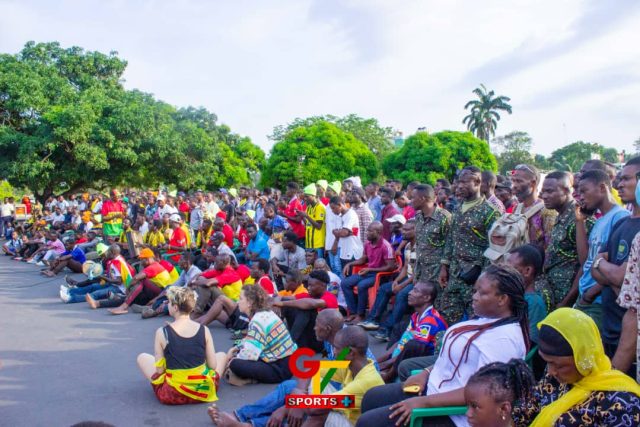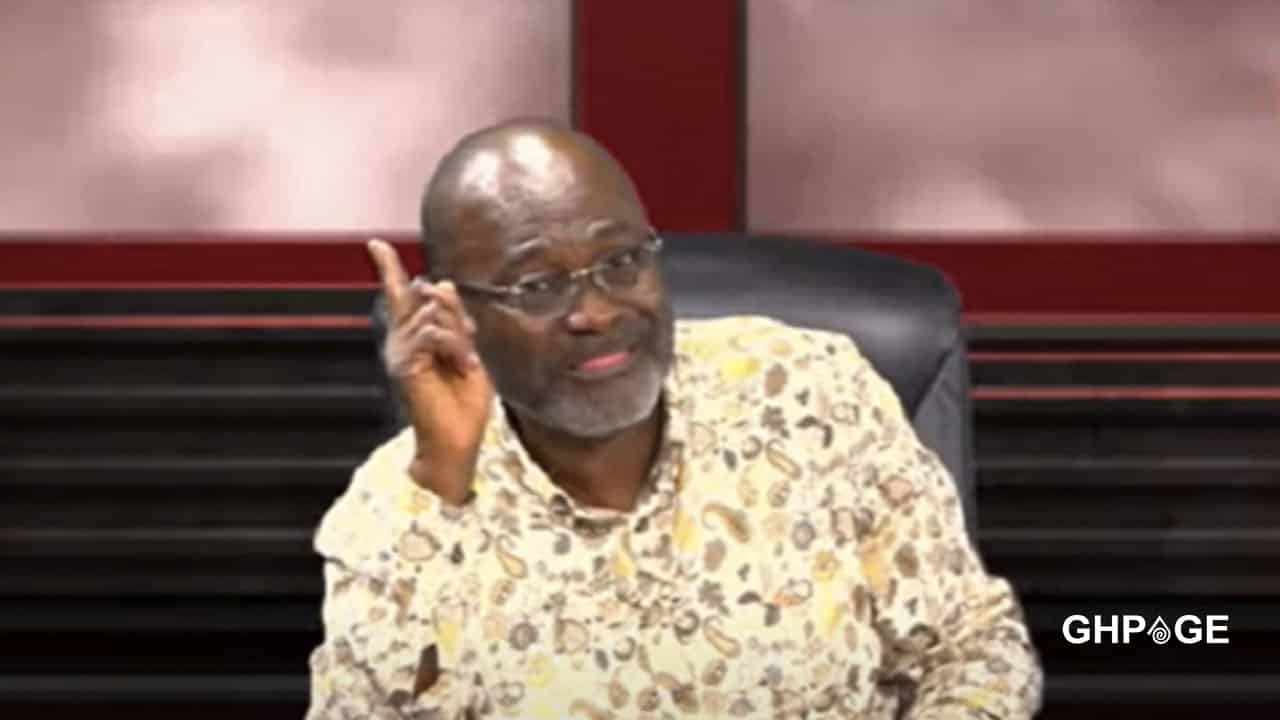By Napoleon Ato Kittoe
The fans in Ghana are looking at the AFCON 2023 being staged in 2024 with contained emotions. Their present state is defined by history, venue, current form, and the opposition in the continental football fiesta.
Current population demographics reveal a youth bulge in Ghana, primarily a segment with the age limit of 30.
They had not been born yet in the time when the Black Stars of Ghana summoned or commandeered all the glories of football achievements for themselves. Anything the youth of Ghana know about the remote past with regards to the senior national football team is the story that was told.
Essentially, they are witnesses to only the last 20 years or thereabouts. The contemporary outlook of the team finds the attachments of the World Cup absent in deep history. Ghana became the third African side, after Cameroon and Senegal, to qualify for the quarterfinals in a soccer World Cup. That was something to cheer about. Morocco surpassed the record of the trio in 2022 with a semi-final birth.
Ghanaian fans are yet to savour a continental football conquest by the Black Stars in 42 years. They last triumphed in 1982 to etch themselves on the gold platter as unprecedented four-time champions.
This, to be followed by a barrenness of more than 4 decades, depicts either a nose-dive or the upsurge in other forces in the competition. Ironically, it was in the 1984 edition that Ghana began to wind down. It is called the Bouake debacle, for Ghana lost two games on the trot before winning the third. It was a poor run that ended the campaign at the group stages. The losses were 0-2 to Algeria, 1-2 to Nigeria, with the 1-0 consolation victory against Malawi.
With the Ivory Coast hosting the tournament again 40 years on, can Ghana use the same stage to rewrite the story? It is under pressure to do something as the long period of regimentation had seen its record broken by Egypt (7) and Cameroon (5), with others like the Ivory Coast and Nigeria close to pulling parity with Ghana as far as the continental trophy haul is concerned.
Ghana’s group B contenders in the current tournament—Egypt, Cape Verde, and Mozambique—are the geographic replicas of the 1984 members. Opoku Nti, who scored Ghana’s one goal in the 1-2 defeat to Nigeria, and John Bannerman, whose lone goal helped Ghana pip Malawi in 1984, are still around, and one would have thought they would be on Ghana’s technical team to psyche and inspire the current players.
Facing Egypt looks like a “do or die” affair, with pre-match hype and permutations fuelled by traditional rivalry and the need to advance to the next stages of the competition. If Ghana can lock up their defence, they will take a point in this game, which means Egypt, capable of creating and capitalising on chances with lightening speed, are the favorites. Should Ghana draw the first blood, they should expect severe attacking torments from the Egyptian Pharaohs who would want to equalise and win.
In the light of current realities, many have adjusted themselves to the page where Ghanaian fans are peeking. This is not a particularly vintage Ghana Black Stars; hence, it is not easy to predict their games even against Cape Verde and Mozambique, having lost twice to the less-fancied Comoros recently. That gives other minnows a psychological boost, but for Ghana, it is a lesson for a renewed strategy.
Richard Ofori needs to be in goal for Ghana. Inaki Williams and Antoine Semenyo to lead the attack. The influence of star boy Mohammed Kudus is expected to be huge. His nimble-footed skills are what Ghana needs to be seen as a football powerhouse to win the psychological warfare ahead of actual play.
The climb to high ground in endurance to take the baubles is a possibility for Ghana, based on the evidence of records then and now. In 1992, 2010, and 2015, Ghana went to the grand finals of the AFCON and narrowly lost to the opposition. Conceding twice on penalties to the Ivory Coast and a lone goal to Egypt. This competition is anybody’s game. It is pound for pound.







![[VIDEO] Agya Koo celebrates like Cristiano Ronaldo after scoring penalty](https://ghananewss.com/storage/2023/02/BeFunky-collage-2023-02-17T164545.706-scaled-100x75.jpg)








